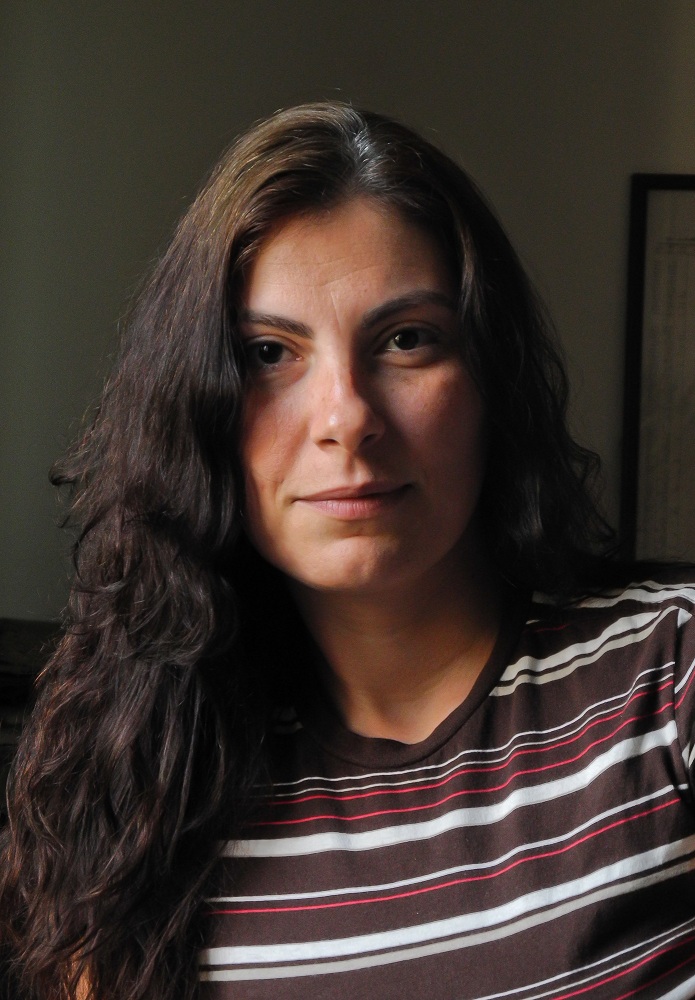More than 100 new schools are to be built in Sohag and Assiut governorates with funding by a German development bank. The construction project is planned to be completed by 2016.
The Ministry of Education announced on Saturday that an agreement has been signed with German bank Kreditanstalt für Wiederaufbau (KfW) to fund the building of more than 100 “modern schools” in Upper Egypt. The bank said the ministry chose Sohag and Assiut as the governorates to benefit from the project.
Emad El Baali, an adviser to the minister said in a statement that the project “will lead to a quantum leap in the level of education provided to children who have suffered from neglect for many years.” He added that the project is expected to ensure that there are a maximum of 20 students per class “to achieve quality education.”
According to KfW the project “is the seventh phase of the Primary School Construction Programme which has been running since 1995.”
The aim of the project, according to KfW “is to expand access to child-friendly schools and improve the quality of education in selected districts based on Egypt’s pre-university education national strategic plan.” The project will also implement a new strategy by encouraging local communities to be involved with “development of school improvement plans and the management of the school budget.”
The project will build “child friendly schools”, which means “the child becomes the centre of the school design.” KfW added: “Special attention is given to how the classrooms architecture can foster active learning.” The project will provide modern facilities including sports equipment.
KfW confirmed that it recently signed a deal on behalf of the German government worth €22.34m.
KfW also said the ministry will be in charge of the project, the bank added that the ministry will be assisted by an international consultant company which will monitor the progress of the project. KfW also pointed out that an independent party will audit the ministry’s project account. In addition, representatives will make regular site visits.
The project is expected to start in the second half of 2013, said KfW.




